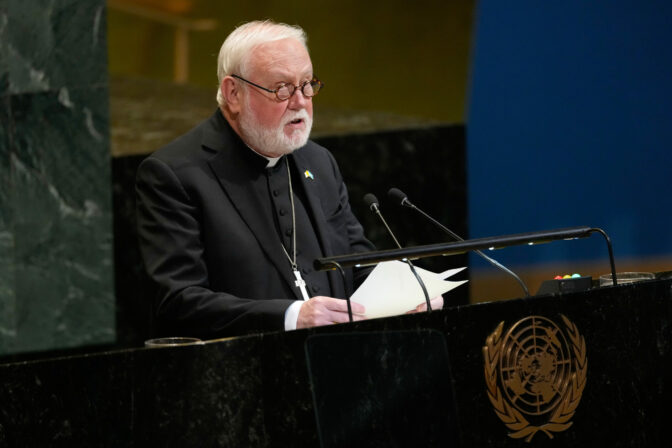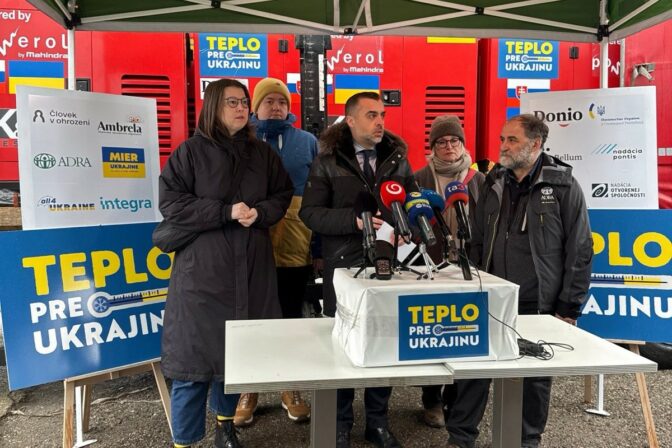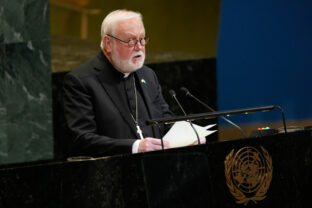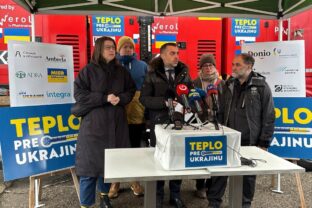BRATISLAVA, April 28, (WEBNOVINY) — Chairman of the Parliamentary Committee for European Affairs Ivan Stefanec asked the Austrian ambassador to Slovakia in an open letter for assistance with breaking down barriers for foreign employers hindering their operation on the Austrian market as of May 1. After this date, Slovak people should have a chance to be employed also in the last two member countries of the European Union (Austria and Germany). Germany and Austria applied the maximum seven-year transition period to keep their labor markets closed at the time of Slovakia’s accession. This period expires on May 1, 2011. Stefanec further stated that, in his opinion, the law against social and wage dumping, which Austria adopted on April 14, also hobbles a positive development in the area of the free movement of labor. It introduces undue administrative barriers and a threat of exorbitant financial sanctions for foreign employers. “I consider the law that Austria adopted to protect its labor market to be a needless placement of barriers in economic cooperation of both countries,” underscores Ivan Stefanec.
Stefanec believes that the law infringes contractual relations between employers and employees. If, for example, a company registered in Slovakia delegates an employee to serve in Austria for a certain period, it has to adjust his wage to the minimal level set in Austria for the given period. “Both countries, Slovakia and Austria, have benefited from the geographic proximity and historically good relations over the past years. I believe that Austrian ambassador to Slovakia will interpret our stance on this needless introduction of barriers in Vienna,” added Stefanec. He asked Austrian Ambassador Josef Markus Wuketich in an open letter for reassessment of implementation of restrictions stipulated by the law against social and wage dumping.
Besides the letter to the Austrian ambassador, Stefanec is also communicating with EC representation in Slovakia regarding assessment of compliance of the law with European legislation. “Findings of the European Commission have proved several times in the past that most barriers in this area have been ineffective. On the contrary, countries that did not implement any restrictions on their labor markets profited from that,” said Stefanec with regard to the Austrian law. He thinks that politicians in EU member states should not pursue activities that stand in a way to the free movement of labor. On the contrary, they should try to adjust the process so that it is profitable for all parties involved. “Our Austrian neighbors seem to be making efforts to make foreigners to appear as little attractive for local companies as possible,” claims Stefanec.
After using the longest possible transition period of seven years, Austria and Germany are opening their labor markets to new European Union members, which joined the EU in 2004. For these counties, this will be removal of the last obstacle preventing them to apply four main freedoms of the European Union. “I consider the opening of labor markets in Germany and Austria the culmination of the EU integration that started in 2004,“ said Stefanec. The Austrian Parliament passed legislation against wage and social dumping on April 14 of this year.
SITA












